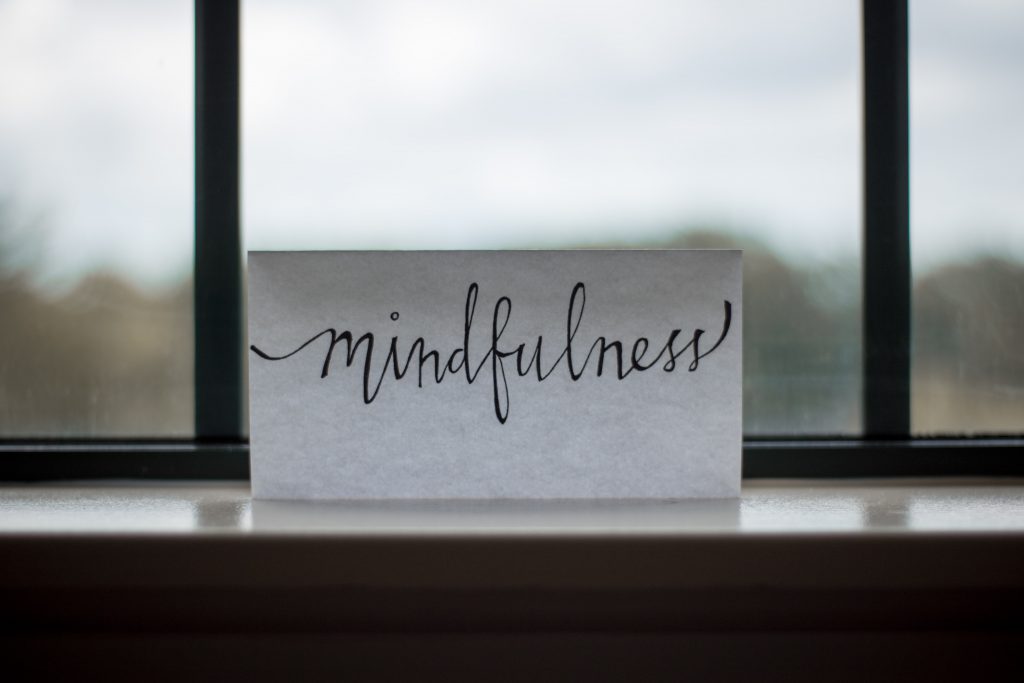Oftentimes, anxiety makes its way into our daily lives while working in sales. It could be the result of work stress, difficult relationships, a sudden move, or a tragedy. And although this anxiety manifests in different ways, one common result is insomnia. Meditation and sleep can help.
While there are varying medications and traditional therapies available to treat this disorder, a natural remedy worth trying is meditation. Scientific studies have confirmed that the right meditation practices can be effective treatments for stress-induced insomnia (1). In this guide, we cover a few options.
Note: This content was originally posted on Sleepopolis and is meant to be informative in nature, but it shouldn’t take the place of medical advice and supervision from your healthcare provider. If you feel you may be suffering from any sleep disorder or medical condition, please see a trained professional immediately.
The History of Meditation
You’re probably familiar with meditation, even if you’ve never thought about it in the context of insomnia. The origins of meditation can be traced to India, and may extend as far back as 5,000 B.C. Evidence of meditation practices can be found in primitive cave art. For centuries, new strands of meditation began to develop both in Buddhist India and in Taoist China. During the Enlightenment, an intellectual fascination with Buddhism brought meditation into the Western world.
Meditation can be practiced in different ways, but at its heart, it’s all about training awareness and attention, allowing the mind to achieve a state of clarity to connect to one’s deep inner Self (2).
Can Meditation Help You Sleep?
So, mindfulness can help you achieve mental clarity and emotional stability… but can it also help you sleep?
According to scientists, the answer is a resounding yes. For instance, did you know that stress is something your body regulates through brain chemicals, which can be released into the bloodstream? Studies have shown that mindfulness meditation can counteract these chemicals, and in some cases shut down their production altogether (3). This in turn causes muscles to become unclenched, and the body as a whole can relax.
In addition, meditation can actually decrease the intensity of brain waves; if you’ve ever felt like you can’t sleep because your mind is racing a mile a minute, meditation may prove the solution you need.
The implications of all this are significant. Meditation does more than help you to sleep better at night; it also minimizes day-time impairment that insomnia creates, allowing overall quality of life to improve. Practiced consistently it will help you combat negative thoughts and allow you to become more optimistic in sales.
How to Practice Meditation for Better Sleep

There’s actually more than one way to meditate, and you’re encouraged to attempt different styles of meditation to see which one is most helpful to you. Here are a few examples, along with tips for getting started.
Mindfulness meditation
Mindfulness meditation is all about being present in the moment. As you practice, you should be able to block out external distractions and worries, and instead create a space where you can simply breathe and be.
- Find a comfortable, safe place where you can sit and relax.
- Set a time limit for yourself; if you’re just getting started, 10 minutes is fine.
- Find a seated position where you can remain steady and still, whether that’s sitting cross-legged, kneeling, or something else.
- Feel your breath. Be attentive to each inhale and exhale.
- Notice as your mind wanders; and when you do, direct it back to your breathing.
- Be kind to yourself. Don’t judge yourself for a wandering mind; instead, just come back to the breathing.
Progressive muscle relaxation (PMR)
When you feel stressed, it causes tension throughout your body. PMR is a relaxation technique that allows you to relieve that tension; it works when you engage and then release one muscle group at a time. Some tips for getting started:
- Work your way down through your entire body.
- Start with your forehead, then jaw, then shoulders, etc.
- Breathe in, and then gently but deliberately tense one muscle group as hard as possible. This may cause shaking or discomfort, but shouldn’t cause pain.
- As you exhale, quickly and fully relax the tensed muscle group.
- Rest for about 30 seconds.
- Follow this pattern for each muscle group, working your way down the body and maintaining mindfulness of your breathing.
Body scan meditation
Body scan meditation is another way of releasing tension. It’s all about conducting a mental “scan” of your body, one body part at a time. Simply stop to observe bodily sensations in sequence, moving from your head down to your feet.
- Start out in a comfortable position, preferably lying down.
- Develop some slow, steady breathing.
- Bring awareness to the first body part; acknowledge any pain or other physical sensations. Continue to breathe.
- Visualize the tension leaving your body throughout the scan.
- Continue the scan, steadily and methodically, down your whole body.
Guided meditation
Guided meditation allows you to achieve relaxation and stress release through the direction of a guide. This may be a real-life person, who guides meditation in a group setting, or it may be a recording you play from your phone or computer.
- If you use an app or recording, we’d invite you to shut off all other notifications, or to put your phone on airplane mode (if possible).
- Find a space where you can sit, kneel, or lie down comfortably. The goal here is to be relaxed, but not to fall asleep.
- Close your eyes, breathe normally, and allow your guide to handle it from there.
Affirmation meditation
Through affirmation meditation, you can quiet your mind and relieve stress by bathing yourself in positivity. This practice is all about focusing your attention on a motivating or empowering phrase or mantra.
- Start by thinking about what you’d like to change, or what you’d like more of in your life. If you struggle with self-doubt, you might want to choose a mantra along the lines of “I am good enough,” or “I am worthy,” or “I can do beautiful things.”
- Make sure your affirmation is filled with positive words for your brain to wrap itself around. For instance, “I am strong” is much more effective than “I am not weak.”
- Also ensure you’re focusing on the present. “I am strong” works better than “I will be strong.”
- As you repeat your mantra to yourself, close your eyes and practice natural breathing. Try to visualize a positive scene that’s connected to your affirmation; a scene in which you are happy, empowered, etc.
Benefits and Risks of Meditation
When considering meditation, there are a number of benefits to keep in mind… but also some potential risks. Please be advised.
Some of the primary benefits associated with meditation include:
- Reduction in stress and anxiety
- Better tools for dealing with stressful situations
- Released muscle tension
- Increased self-awareness and focus on the present
- Reduced negativity
- Enhanced ability to relax and to sleep
And, some potential risks include:
- Sometimes, meditation can dredge up buried emotions that may be painful to deal with.
- As it changes your sense of self, meditation may be a little disruptive to your personal relationships.
- Some people who practice meditation find that it makes them overly passive or compliant.
Last Word From Sleepopolis
The bottom line for those who’ve found it increasingly difficult to sleep soundly: Meditation is a holistic way to improve sleep hygiene. Yes, there are some potential risks, and it may take some time and patience before you’re meditating effectively. But if you’re in the grip of stress and fear, meditation might be one way out.
References
- Ong, Jason C., et al. “A Randomized Controlled Trial of Mindfulness Meditation for Chronic Insomnia.” Sleep, Volume 37, Issue 9, Pages 1553-1563, 1 September 2014.
- Sharma, Hari. “Meditation: Process and Effects.” Ayu, Volume 36, Issue 3, Pages233-237, July-September 2015.
- Black, David S., et al. “Mindfulness Meditation and Improvement in Sleep Quality and Daytime Impairment Among Older Adults With Sleep Disturbances.” The Journal of the American Medical Association, Volume 174, Issue 4, Pages 494-501, 23 April 2015.




